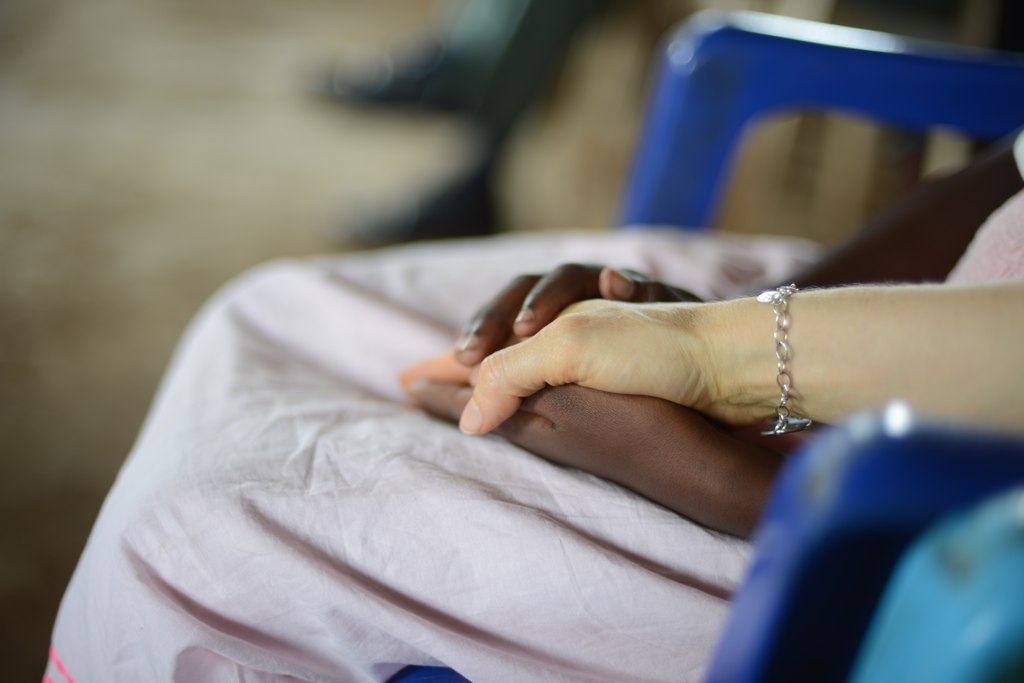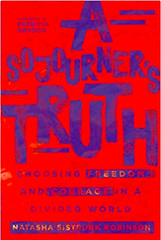Something is just not right. It’s that feeling we get when someone’s voice changes, when the air suddenly feels heavy, or when your gut tells you something is not as it should be. Natasha Sistrunk Robinson remembers the day she realized the world was different, heavier, and that as a young African American girl, there would be pain. But like Moses, she also discovered that out of places of vulnerability and pain, God can bring passion and great purpose. It’s an unspeakable grace to welcome Natasha to the farm’s front porch today…
guest post by Natasha Sistrunk Robinson
It was a forbidden conversation.
“Carmen, Momma says I have to always be there for you,” I told my younger sister.
“Some white people are not going to like you because you are black, and some black people are not going to like you because you are light skinned.”
I had waited a long time before sharing this information that my mother had relayed to me in secret.
I was only a child, in middle or early high school. I didn’t really understand the significance of these words, and I don’t know how I expected my little sister to respond when I told her this truth.
But I was surprised and even shocked to see tears well up in her eyes, fall down to her cheeks, and land in the palms of her hands as she began to gasp for breath and cry uncontrollably.
“What’s wrong?” I asked, confused and uncertain now.
As she tried to control her body, she looked up at me and said,
“People don’t like me.”
I didn’t know what to do with that response.

Yuri Vaysgant
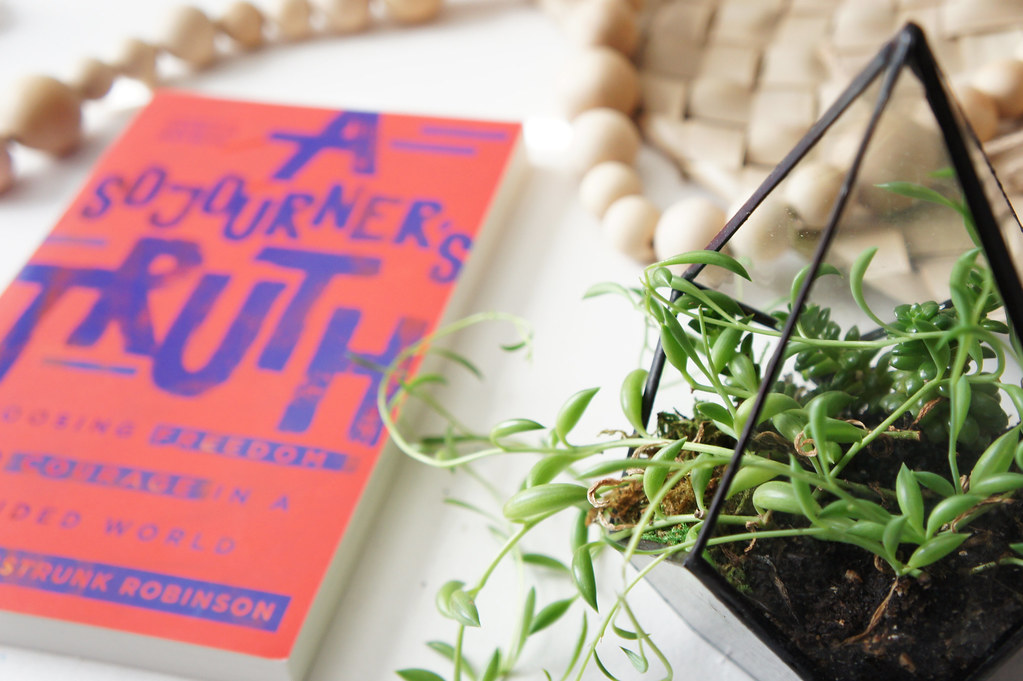
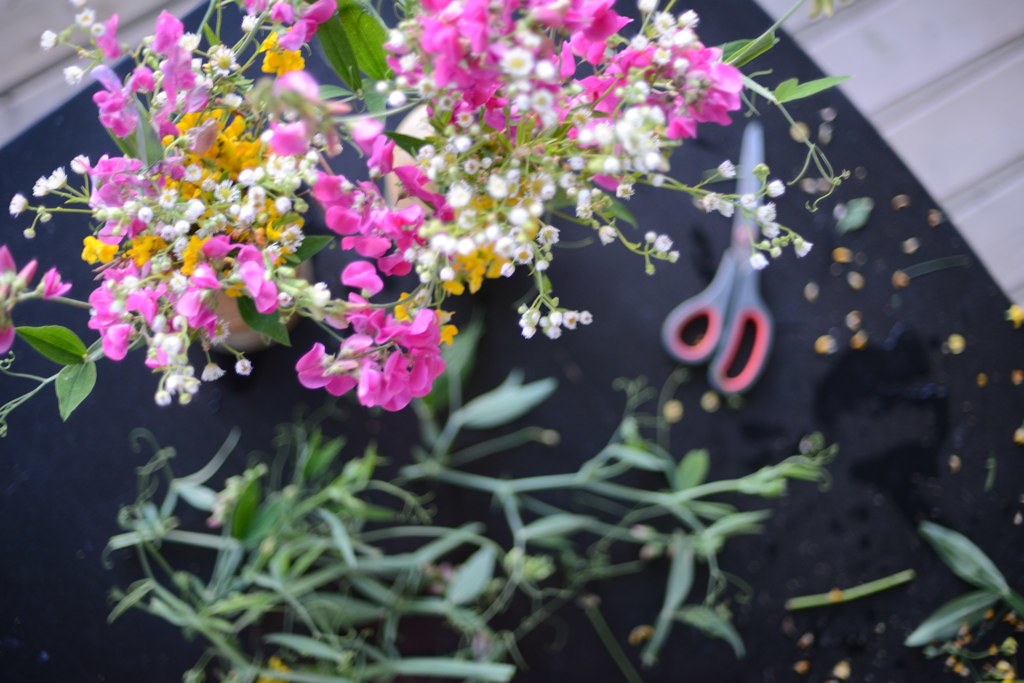
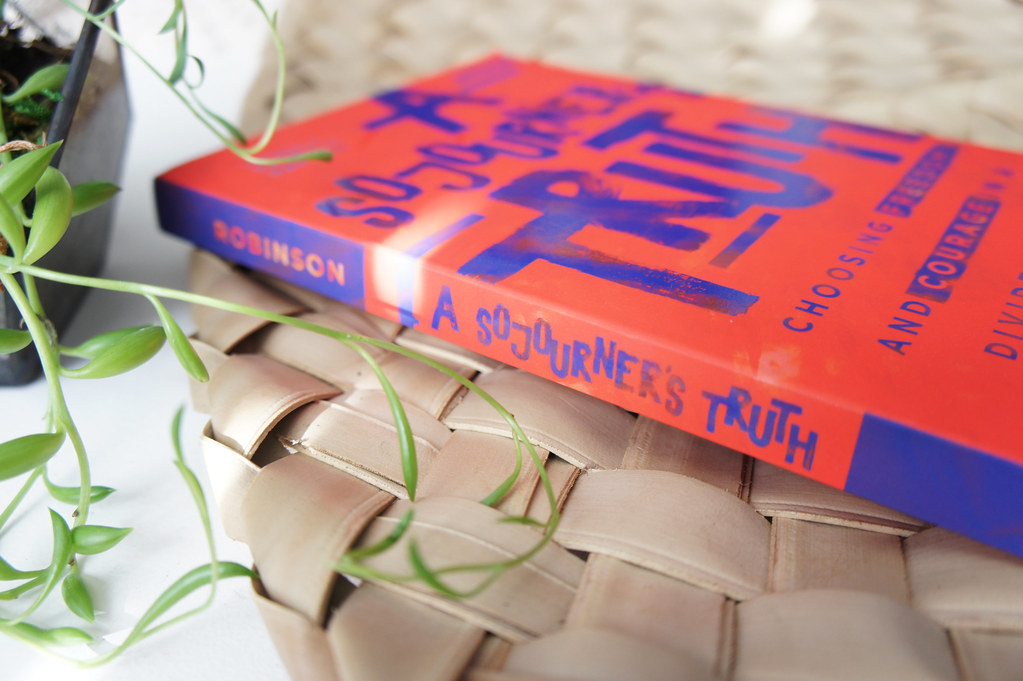
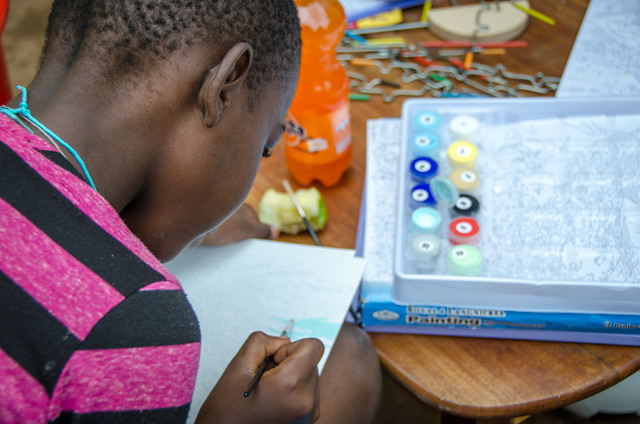
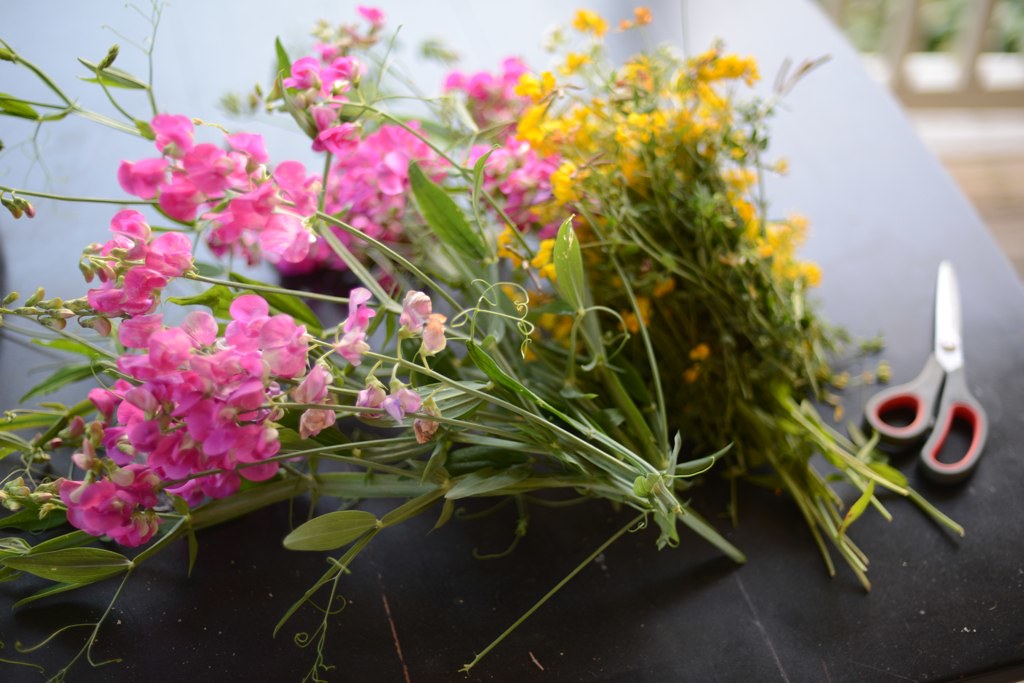



It wasn’t until many years later that I became aware of the brown paper bag tests.
Author and professor Michael Eric Dyson wrote, “In fact, New Orleans invented the brown paper bag party—usually at a gathering in a home—where anyone darker than the bag attached to the door was denied entrance. The brown bag criterion survives as a metaphor for how the black cultural elite quite literally establishes a caste system along color lines within black life.”
For black people in general, it’s the epitome of self-hate brought on by the reality that we are not white in a society that normalizes all things white as pure, right, and better.
For the black elite, the test was a way to maintain the pride, self-righteous assurance, and soothing comfort of knowing that they were not poor.
There was no need for social mingling with black people who were dark skinned or impoverished, because those people were not marriage material.
Thank God my sister and I had a loving mother—a black woman who would not set her black daughters up for failure.
As we grew, she told us the truth about the hardships we would likely face in this world, and she didn’t hold back.
My mother warned us about the setup of systemic racism and cultural biases (although she did not use those terms), and she had a hope for a better future for us all.
So there I was, sitting next to my younger sister trying to have an adult-like conversation.
At the time my sister’s lighter skin color would have passed the brown paper bag test, and my browner complexion would not.
In that moment, the message “People don’t like you” is not what I wanted to communicate at all. I saw my sister’s tears and thought, What on earth have I done?
What I wanted her to hear was, “My sista, don’t you worry about a thing because no matter what happens in this world and who stands against you, I have your back. You can trust that, and you can trust me.”
There is truth in the statement “When one person hurts in a family, everyone aches. And this is always the choice: pain demands to be felt—or it will demand you feel nothing at all.”
My sister was born a light-skinned black woman in America, and this would be the source of her pain. To some extent, I suppose this was the source of my pain as well.
Along with that pain, I felt my first yearning of leadership in my longing to protect my vulnerable little sister. Yet I couldn’t even safeguard myself. And I was powerless to defend her.
This was the moment I realized that things were not quite right in this world.
Miriam’s story resonated with me because she too was charged with watching her younger sibling.
We meet Miriam at the beginning of the book of Exodus keeping a vigilant eye over her baby brother, Moses, as he drifts down the Nile River.
Miriam was a servant and faithful witness, but she seems to appear only as a footnote in the story.
At first glance, we all think this story is about baby Moses.
But the story is actually bigger than Moses, and it’s bigger than Miriam.
To better understand Moses’ journey, we have to start at the beginning because what happens in our formative years has a way of shaping our adult lives.
As we reflect, we come to understand that Moses’ story and ours are all a part of God’s redemptive story.
God’s big story of creation, fall, and redemption is steeped in pain.
For godly people and leaders specifically, pain is often the tool God uses to help us realize our passion and purpose.
Being exposed to the reality of racism as a child and feeling helpless to do anything about it revealed my pain. For Moses, the pain was revealed in the basket that held his three-month-old body afloat in the water.
It was not a pain that he bore—not yet anyway—but it was the pain of his community.
In reading we learn quickly that the Exodus narrative is not just a story about Moses or his sister, Miriam.
Exodus teaches us about what God is doing in the midst of a people group to accomplish His will on earth.
God had heard the cries of the enslaved Hebrew community, and He intended to do something about it.
God would use Moses to deliver His people out of their pain.
Natasha Sistrunk Robinson is the founder and chairperson of the 501(c)(3) nonprofit, Leadership LINKS, Inc. She is an international speaker, leadership consultant, diversity and mentoring coach with nearly 20 years of leadership experience in the military, federal government, church, seminary, and nonprofit sectors. She has authored the books, Mentor for Life: Finding Purpose through Intentional Discipleship and Hope for Us: Knowing God Through the Nicene Creed.
She is a doctoral student at North Park Theological Seminary, and a graduate of Gordon-Conwell Theological Seminary Charlotte (cum laude, M.A. Christian Leadership) and the U.S. Naval Academy. She has served as a Marine Corps officer and employee at the Department of Homeland Security. Natasha is also the host of A Sojourner’s Truth: Conversations for a Changing Culturepodcast.
A Sojourner’s Truth: Choosing Freedom and Courage in a Divided World is an African American girl’s journey from South Carolina to the United States Naval Academy, and then to her calling as an international speaker, mentor, and thought-leader. Intertwined with Natasha’s story is the story of Moses, a leader who was born into a marginalized people group, resisted the injustices of Pharaoh, denied the power of Egypt, and trusted God even when he did not fully understand where he was going. Along the way she explores the spiritual and physical tensions of truth telling, character and leadership development, and bridge building across racial, ethnic, socioeconomic, and gender lines.

